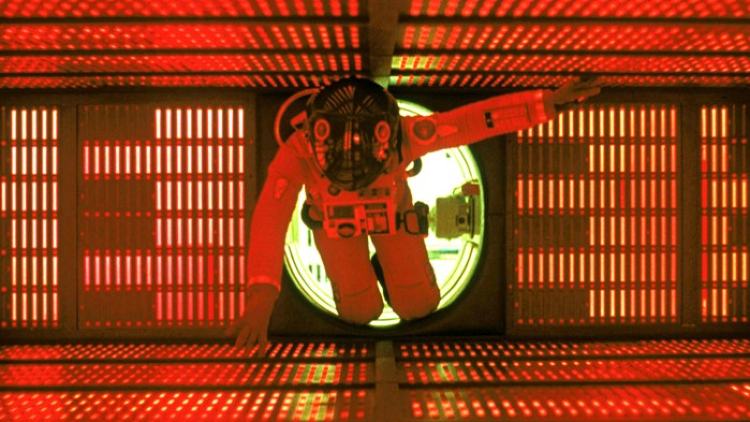Singing Computers

In an infamous scene the machine running spacecraft Discovery One in 2001: A Space Odyssey (1968), HAL 9000, is deactivated, bringing him to his end as he slowly sings 'Daisy Bell'. HAL's artificial intelligence exceeds that of humans; and he had begun to use it against them. (Metro-Goldwyn-Mayer)
In 1961 the IBM 7094 became the first computer to sing, featured in the video below singing Harry Dacre’s ‘Daisy Bell’ (1892). The IBM 7094’s performance was the inspiration for a similar scene in 2001: A Space Odyssey (1968).
So as a species we’ve learned to synthesise the human voice. We’ve also made machines that can move, remember, and even learn by themselves. How far can we go?
Can we implant a conscious mind into a machine, give the machine its own mental states? According to one ‘Theory of Mind’ account, yes but building a physical entity that can move, remember, and learn—all in its own ‘language’—are the easy parts: what we need to do next is more demanding.
Specifically, we need to build self-consciousness through an AI ‘mind’ that attempts to ascertain the contents of other brains. As such, it’ll be able to build ‘ideas’ of other brains such that it can ‘consider’ what they are ‘thinking’ with respect to itself. If you think about it, in a nutshell, this seems to capture self-aware human functions at its most-basic level.
Then what? Well, we hold the potential, as a society, to create ‘better’ humans: still amorous and passionate beings; but beings who are more intelligent and less war-hungry.
But should we? Would they even be human? What are the consequences? Are they as bad as those predicted in Blade Runner (1982), The Terminator (1984), and The Matrix (1999)?
For now, let us just appreciate this delightful video, which marks one of our many remarkable achievements as a species.
